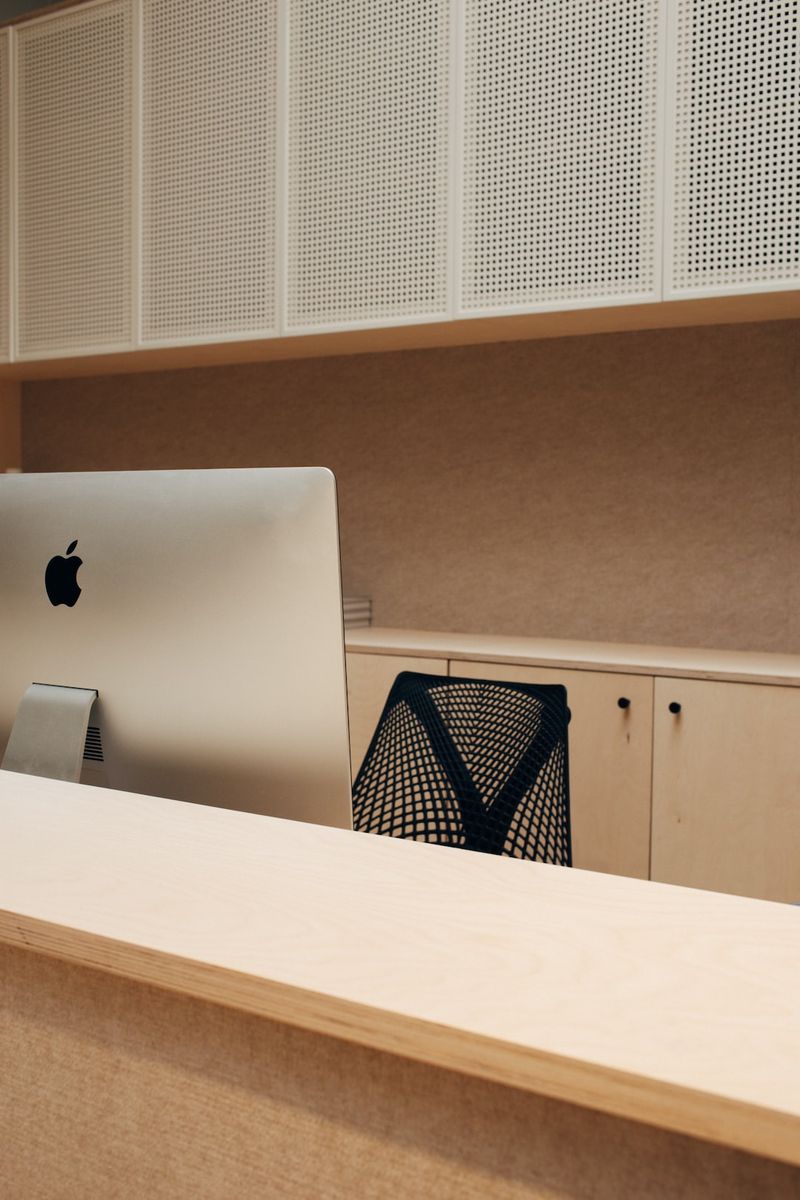House Prices See Biggest Yearly Decline since 2009
Introduction
The UK housing market is facing its largest annual decline in house prices since 2009, with prices down by 5.3% compared to August last year, according to Nationwide. This decline represents a drop of £14,600 on the average UK home since house prices peaked in August 2022. The slowdown in the housing market is attributed to higher borrowing costs for buyers, with mortgage approvals also down by approximately 20% compared to pre-Covid levels. The Bank of England has raised interest rates 14 times since December 2021 in an attempt to curb rising consumer prices, resulting in lenders increasing mortgage rates and putting greater pressure on potential homebuyers.
Impact of Higher Borrowing Costs
The rise in the cost of borrowing has significantly impacted housing affordability in the UK. Nationwide’s chief economist, Robert Gardner, stated that the fall in average house prices is not surprising given the higher borrowing costs and that affordability for housing is currently much more stretched compared to previous years. Mortgage rates have substantially increased, with the average two-year fixed mortgage rate standing at 6.7% and the average five-year fix at 6.19%. This, coupled with the elevated base rate of 5.25%, has made it more difficult for buyers to enter the market.
Changes in Property Type Preferences
There has been a noticeable shift in the type of properties being purchased among buyers who require mortgages. Mr. Gardner highlighted that transactions have decreased across all property types, but the most significant decline has been observed in detached houses. In contrast, flats have experienced a smaller decline and have remained relatively more affordable. Since the start of the Covid-19 pandemic in 2020, the price of detached properties has risen by 23%, while the price of flats has gone up by 13%. This suggests that buyers are now looking towards smaller, less expensive properties.
First-Time Buyers and Buy-to-Let Market
Nationwide’s data also revealed a decline in the number of first-time buyers and buy-to-let purchases. Compared to pre-pandemic levels, first-time buyers have decreased by 25% and buy-to-let purchases have dropped by 30%. In contrast, cash deals have increased by 2%. The decline in first-time buyers can be attributed to the higher costs of entering the housing market, with monthly mortgage payments now absorbing over 40% of their take-home pay. The affordability challenge is likely to persist in the near term, but improvements in earnings and lower house prices could gradually enhance housing affordability over time.
Editorial and Advice
The significant decline in house prices and the challenges faced by potential homebuyers highlights the economic uncertainty in the housing market. The combination of higher borrowing costs and increasing mortgage rates has put immense pressure on buyers’ affordability. As a result, it is crucial for individuals considering entering the housing market to carefully assess their financial situation and ensure they are well-prepared for the associated costs.
The decline in detached house prices and the relative affordability of flats indicate a shift in property type preferences. Buyers should consider exploring smaller, less expensive properties that align with their financial capabilities. Additionally, potential buyers should keep an eye on market trends, such as interest rates and mortgage rates, as they can greatly impact housing affordability.
While the housing market is likely to remain subdued in the near term, improvements in earnings and lower house prices can gradually improve affordability over time. It is essential for buyers to remain patient and monitor the market closely, as mortgage rates may moderate once interest rates peak. Seeking financial advice and conducting thorough research can also help individuals make informed decisions when entering the housing market.
Conclusion
The decline in house prices, driven by higher borrowing costs and mortgage rates, has resulted in the largest annual drop in UK house prices since 2009. The housing market is facing challenges in terms of affordability, particularly for first-time buyers and those interested in detached houses. However, potential buyers can navigate these challenges by considering smaller, more affordable properties and closely monitoring market trends. With patience and careful planning, housing affordability could improve over time.

<< photo by Edgar Santana >>
The image is for illustrative purposes only and does not depict the actual situation.
You might want to read !
- The Impact of the Pandemic: An In-depth Analysis of the Steepest UK House Price Decline Since 2009
- “Aberdeen’s Road to Europe: Europa Conference League Draw Date and Opponents Revealed”
- Aberdeen’s Europa Conference League Dream Shattered: A Disappointing Home Defeat Results in a Demotion to Europe’s Newest Tournament
- Passenger Chaos: Analyzing the Impact of Two Days of Train Strikes




